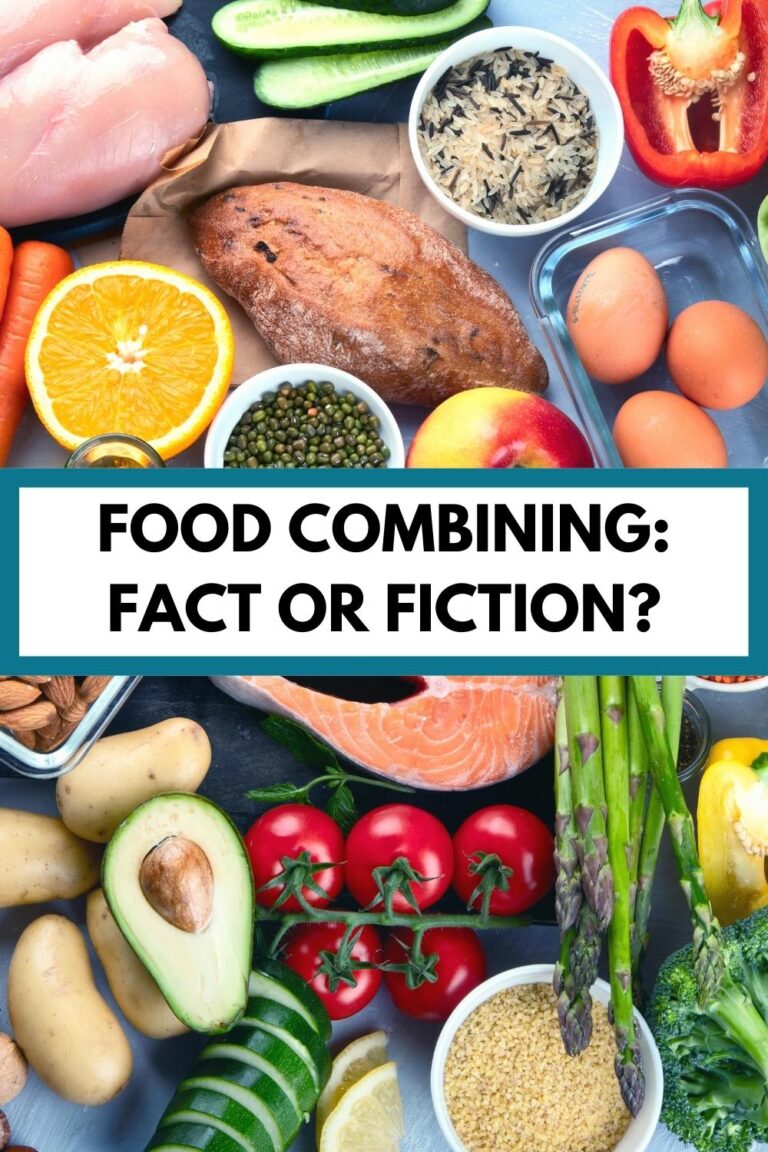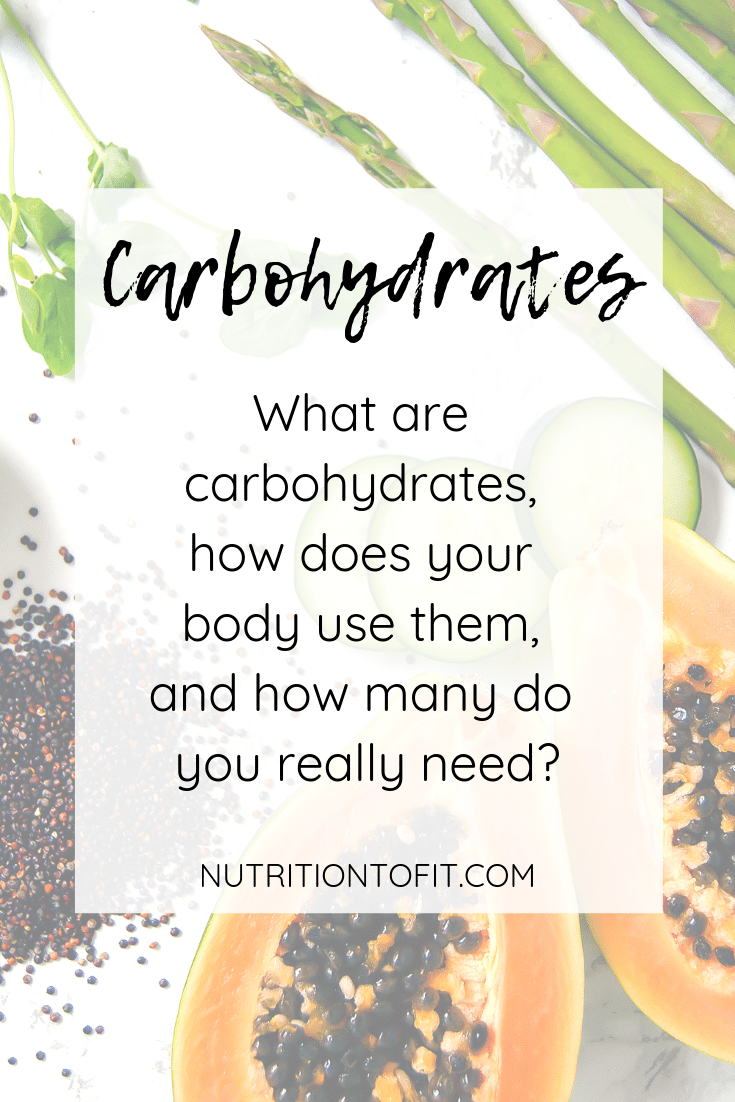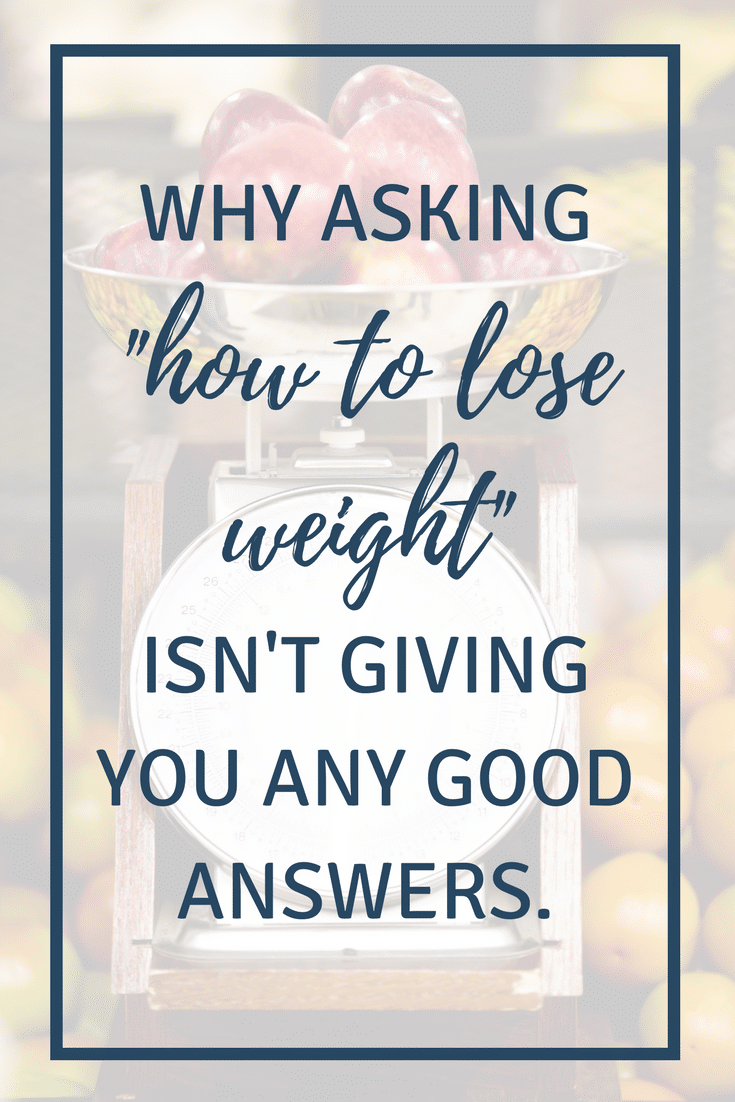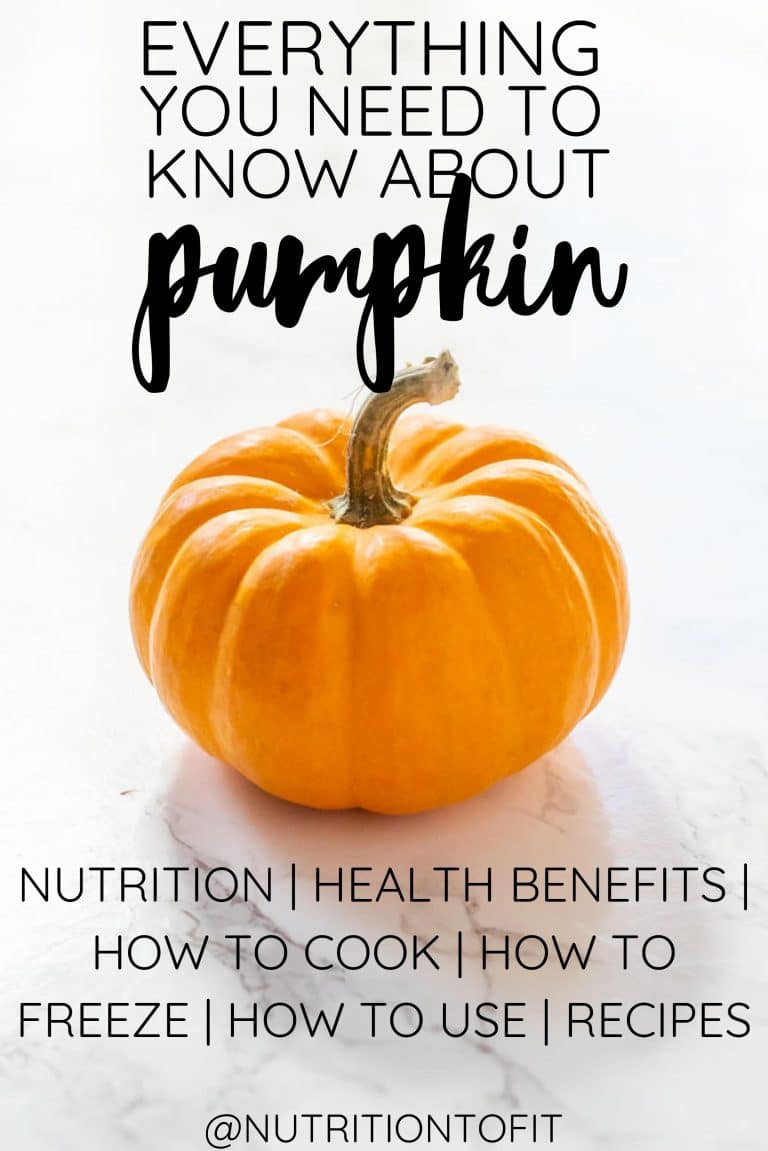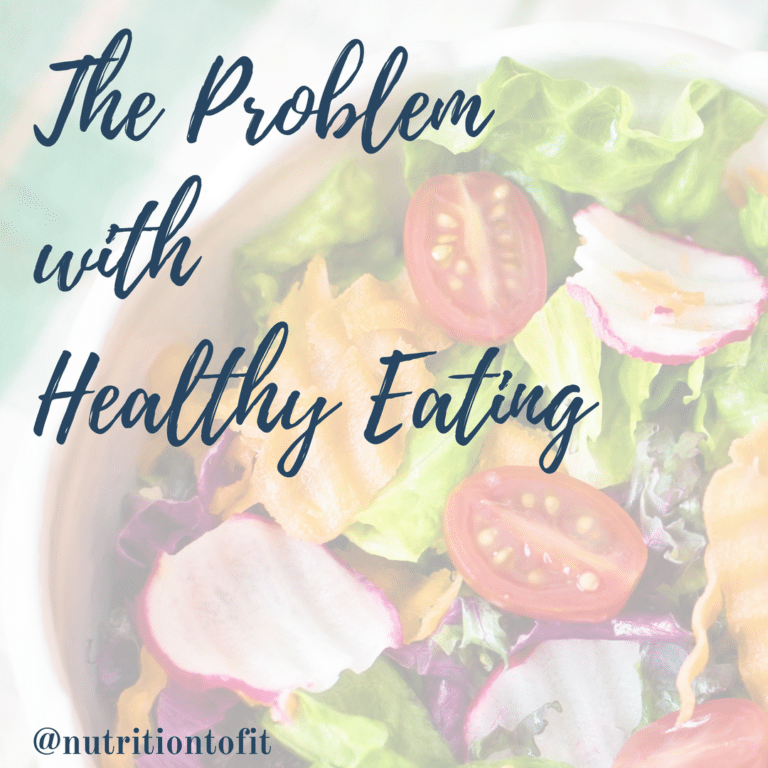Nightshade Vegetables List
Curious about nightshades? This nightshade vegetables list goes over the most common nightshades (it actually includes a couple spices and a fruit, too!). The article also addresses if nightshades are inflammatory and who should avoid them.
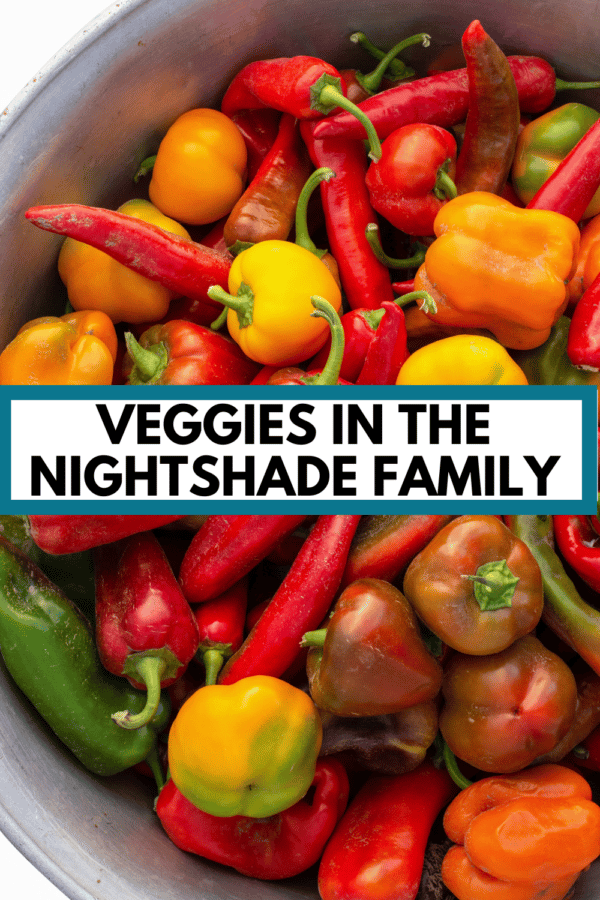
While I am a registered dietitian, information in this article is for general educational purposes and can never substitute for individualized advice and care from your healthcare team.
What are Nightshades?
Nightshades are part of a botanical plant family that contain chemical compounds called alkaloids. The Latin name for this family of plants is Solanaceae.
The Solanaceae family has over 2,000 plant varieties, but few are are food, or even edible. A few (such as belladonna) are poisonous.
Why are Nightshades Called Nightshades?
Some plants in the Solanaceae family flower at night or in the shade, hence the name “nightshade.” But this is not true of all plants in the nightshade family. Did you know that tomatoes flower independent of time and eggplant flowers actually close in the mid/late afternoons and evenings?
Wait, Doesn’t Tom Brady Eat Nightshade-Free?
Correct. At least in the past, there have been numerous articles reporting that Tom Brady eats nightshade-free due to claims that nightshades are inflammatory.
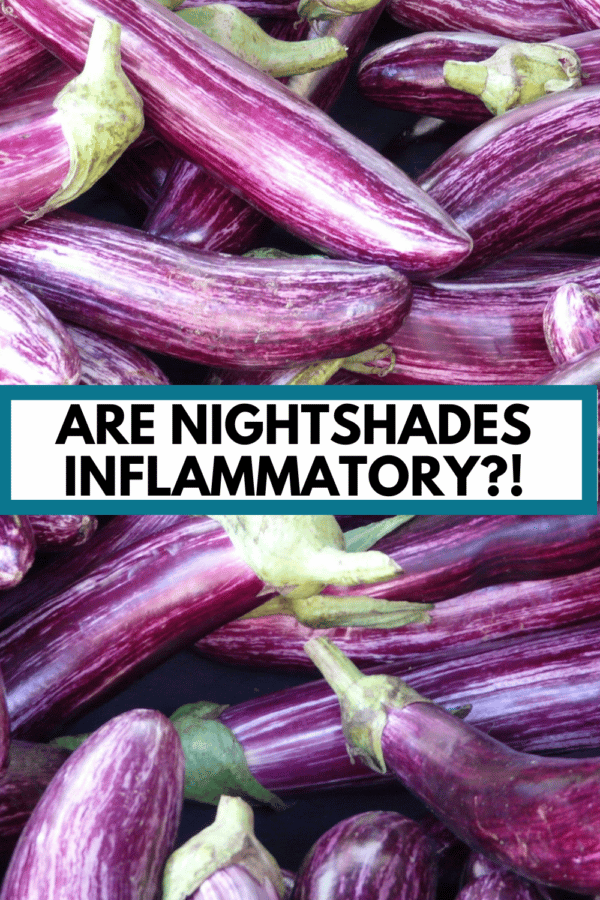
Do Nightshades Cause Inflammation?
The only evidence that nightshades cause inflammation is anecdotal. There isn’t any evidence that nightshades are inflammatory on a population level. In fact – many nightshade foods are quite nutrient-dense!
If you hear claims about nightshades being inflammatory, they typically come from folks (usually without nutrition credentials). Often in their claims they blame alkaloids (specifically solanine), lectins, and capsaicin.
Let’s chat about why these compounds aren’t actually to blame.
Alkaloids
Alkaloids are organic nitrogen-containing compounds in plants. They’re found in stems and leaves, with trace amounts in the edible plant portions, too. Alkaloids are usually bitter, which helps them work as a natural pest repellent, protecting plants from predators.
Two small, limited studies on mice with irritable bowel disease (IBD) found that alkaloids in fried potatoes increased intestinal inflammation. But it’s imperative to know that the amount of alkaloids given to these mice were in FAR higher amounts than any human would ever consume from food.
Solanine
Solanine is a specific type of alkaloid that’s often blamed for nightshade fears.
Yes – solanine can be toxic in large quantities, or in a green potato. But there is zero evidence that solanine is harmful in typical food amounts consumed.
When hearing claims that something is toxic, it’s important to remember: the dose makes the poison. Anything, even water, can become toxic at the wrong amount.
Lectins & Capsaicin
Lectins and capsaicin are naturally-occurring chemicals in some nightshades (lectins in tomatoes, capsaicin in peppers).
The research here is extremely limited. There’s only two test-tube studies that suggest lectins and capsaicin may increase intestinal permeability.

So, are Nightshade Vegetables Bad for You?
There isn’t anywhere close to enough evidence to suggest that nightshade vegetables are bad for the general population.
And again – many nightshades are quite nutrient-dense, and would actually help promote an overall healthy eating pattern for most folks.
Who Should Avoid Nightshade Vegetables?
There is no need for the general population to avoid nightshade vegetables.
Some individuals may have food allergies to nightshades, or specific nightshade foods. They of course should avoid them.
Anecdotally, some individuals with irritable bowel disease find improved symptoms eliminating nightshades.
If you’re concerned you may have a nightshade allergy or sensitivity, I highly recommend speaking with your physician in case there’s any testing they want you to complete before eliminating.
Additionally, if you’re suspicious of a nightshade sensitivity or think eliminating nightshades may help your IBD symptom management, reach out to healthcare professionals. I highly recommend working with a registered dietitian to complete a supervised elimination diet and reintroduction.
Nightshade Vegetables List
So, what foods are nightshades?! This nightshade vegetables list will go over the common nightshade vegetables and plants in the Solanacea family.
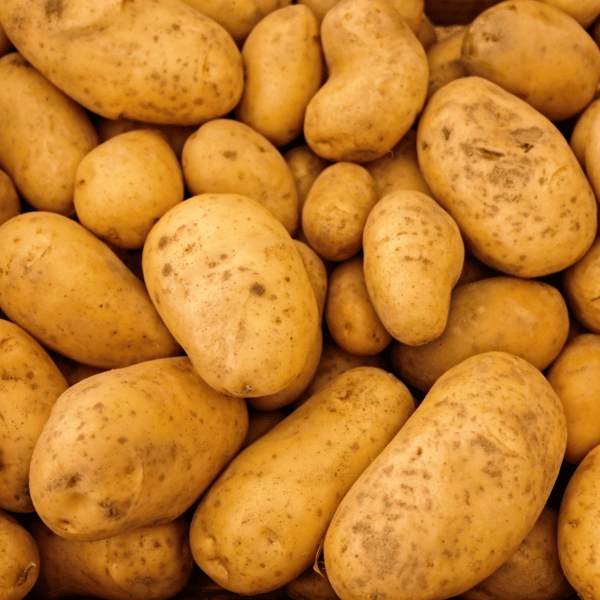
White Potatoes
White potatoes are in the nightshade family. Potato stems, leaves, and green potatoes can have higher amounts of solanine and could be toxic, so steer clear. But regular white potatoes, while still a nightshade, don’t contain toxic amounts of solanine and are safe to consume.
Note that sweet potatoes are not part of the nightshade family. So if you’re allergic or sensitive to nightshades, sweet potatoes are fine to consume!
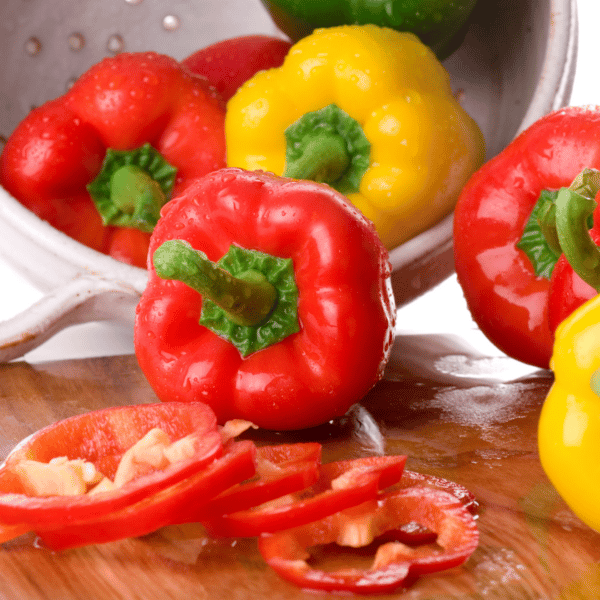
Bell Peppers
Bell peppers are nightshades, so avoid if you’re allergic to nightshades.
Note that black pepper, like what’s in your pepper shaker, is not a bell pepper and it is fine!
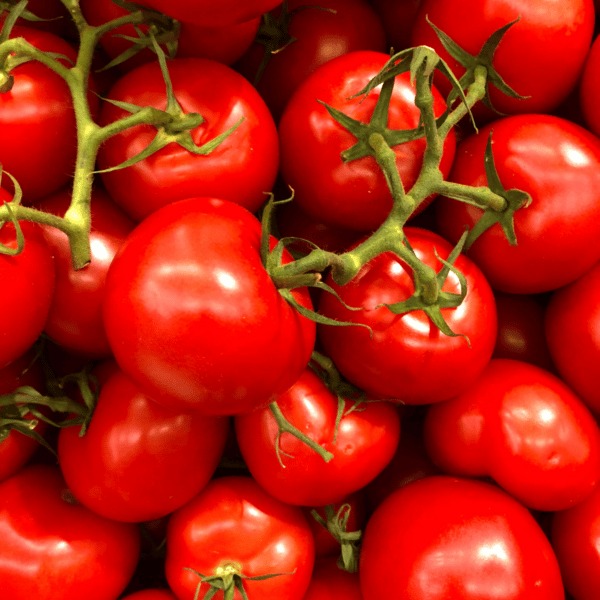
Tomatoes
Beefsteak, roma, cherry, grape – all types of tomatoes are in the nightshade family. If you need to avoid nightshades, watch out for tomatoes on salads and sandwiches, and switch to sauces like alfredo or pesto on your pizza and pasta.
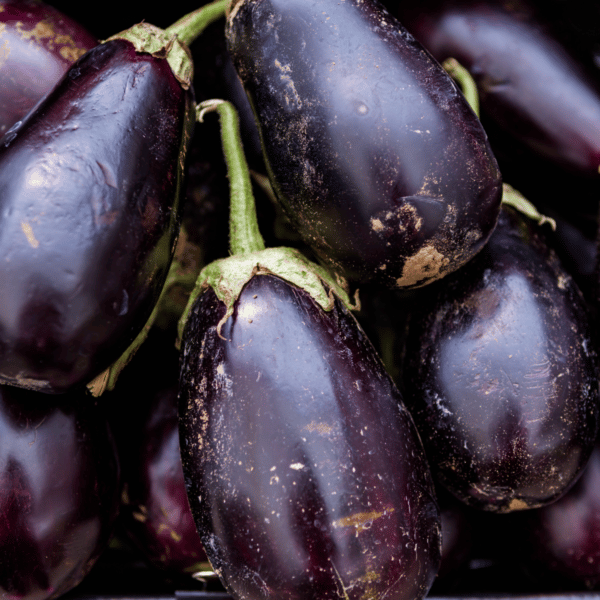
Eggplant
Eggplants are another vegetable in the nightshade family. While they’re not as prevalent in American cooking as tomatoes and bell peppers, they’re used more frequently in some Asian and European cultures.
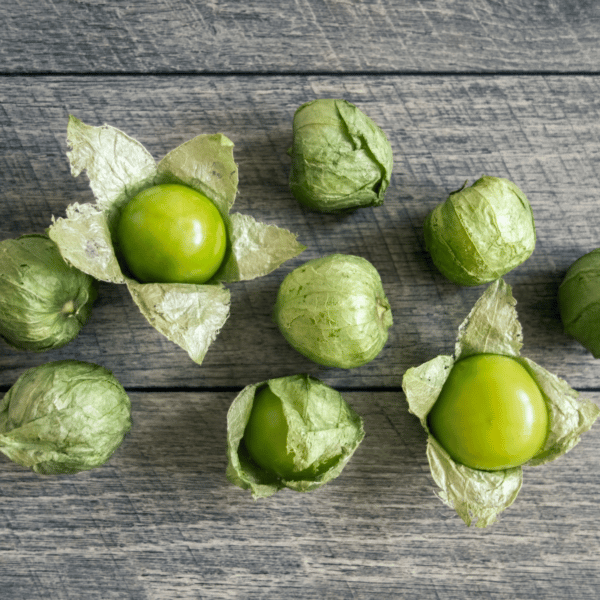
Tomatillos
Since tomatillos are related to tomatoes, they’re also part of the nightshade family. Double check ingredients, especially in things like salsa and Southwestern and Mexican dishes to make sure there are no tomatillos if you’re avoiding nightshades.
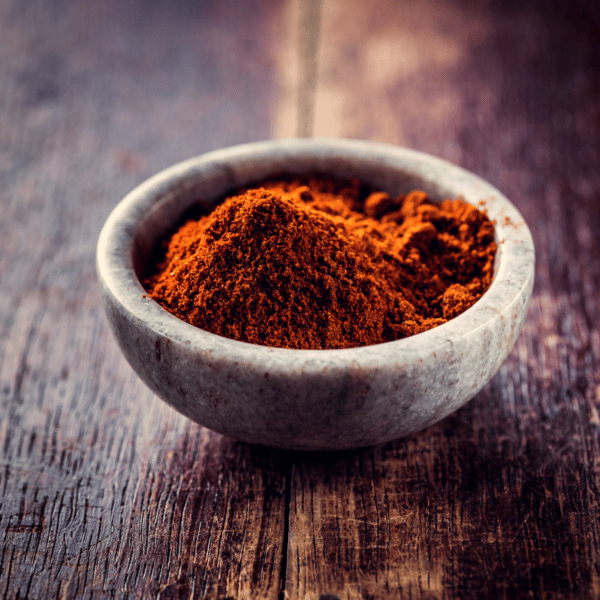
Cayenne Pepper & Paprika
Consider your seasonings if you need to avoid nightshades! Cayenne pepper and paprika are both part of the nightshade family.
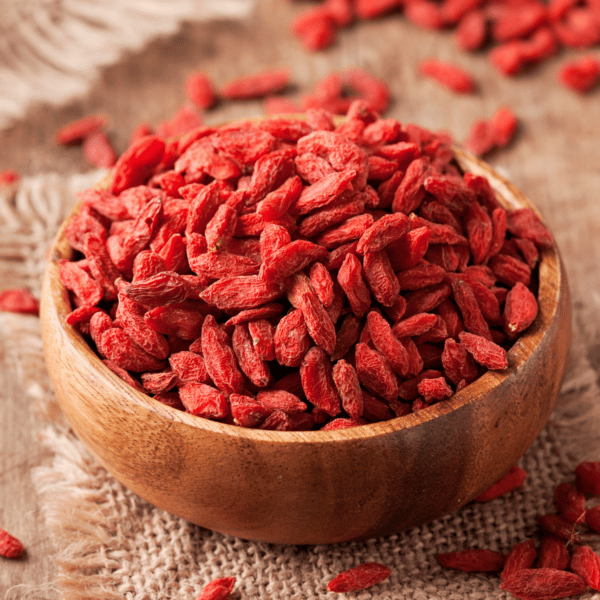
Goji Berries
Nightshades aren’t just for vegetables! Some fruits, including goji berries, as well as ground cherries and gooseberries, are actually part of the nightshade family. These fruits aren’t nearly as common in recipes and packaged foods as some of the nightshade vegetables, but it’s still good to be aware.
Nightshade-Free Recipes
There are many recipes that are naturally nightshade-free! And some require a simple swap, like using pesto on your pasta instead of tomato sauce. Popular nightshade-free recipes on Nutrition to Fit include:
- Pesto-Crusted Salmon
- Zucchini Corn Chowder
- Crispy Prosciutto
- Carrot Lentil Soup
- Air Fryer Turkey Meatballs
- Pumpkin Pasta Sauce
Takeaways About Nightshades
- Nightshades are alkaloid-containing plants from the Solanacea family.
- Research doesn’t suggest nightshades are inflammatory.
- Nightshade foods are typically quite nutrient-dense.
- Individuals who should avoid nightshades include those with allergies and sensitivities.
- Anecdotally, some report eliminating nightshades helps manage their irritable bowel disease symptoms.
- Nightshade vegetables and plants include tomatoes, bell peppers, white potatoes, eggplant, tomatillos, cayenne pepper, paprika, and goji berries.
- When it comes to something that may be toxic, remember: the dose makes the poison. Anything and everything can be toxic in the wrong amount.
If you enjoyed this article and nightshade vegetables list, please save it or share with anyone you know who may be interested!


